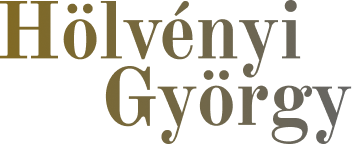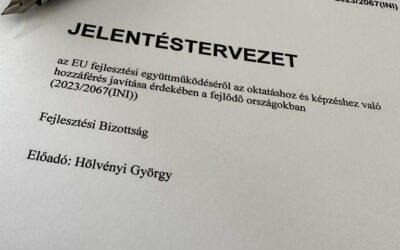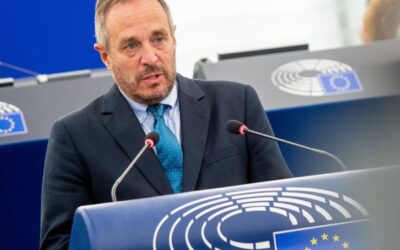On Monday, the European Union Election Observation Mission (EU EOM) presented its Final Report in Beirut, containing its observations and recommendations on the for the electoral process in Lebanon. Chief Observer MEP György Hölvényi said, “The mission has come to Lebanon to accompany the citizens of the country as a friend and partner in the electoral process”. The MEP stressed that “the work did not end with the handover of the report. The EU must continue the dialogue with Lebanese partners based on the recommendations set out in the report.”
he elections in Lebanon, which took place on 15 May under very difficult social and economic circumstances, were followed by the EU with 167 observers on polling day. The experts, chaired by MEP György Hölvényi, then summarised their experiences and recommendations in a technical report of more than 120 pages. The observers, arrived to Lebanon upon the invitation of the Lebanese Ministry of Interior and Municipalities, th made a total of 23 recommendations to their Lebanese partners.
“The recommendations provide a solid basis for a dialogue on the urgent reforms”, said the Christian Democrat MEP. Among other things, the recommendations propose the creation of so called “mega centres”. In the current energy crisis, this would make possible for citizens to cast their vote at their place of residence instead of their place of origin within Lebanon as it is required now. The recommendations also highlight the issue of out-of-country voting. Currently, there are almost as many Lebanese citizens living abroad as within the country’s borders. The votes casted in at the diplomatic representations abroad therefore have a decisive influence on the outcome of the elections.
The EPP politician underlined that “The mission has carried out its work with understanding and respect for local traditions linked to the Lebanese electoral system. The mission is aware the fact that the confessional system, ensuring equal representation of the country’s different religious communities, is based on public consensus and is one of the pillars of the country’s stability”.
MEP György Hölvényi highlighted that “It is essential to have a transparent and regular dialogue with our Lebanese partners on the implementation of the mission’s recommendations. I am committed to this both personally and as an MEP”.
The politician concluded by thanking the state leaders, representatives of civil society and religious leaders who have contributed significantly to the preparation of the report.
Beirut, 5 July 2022



